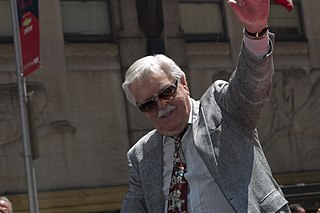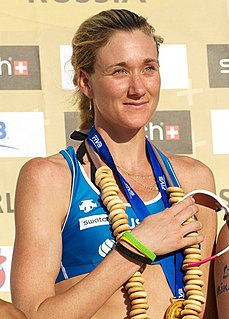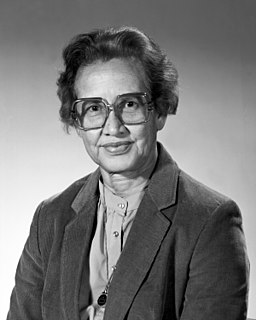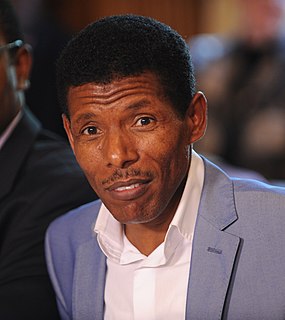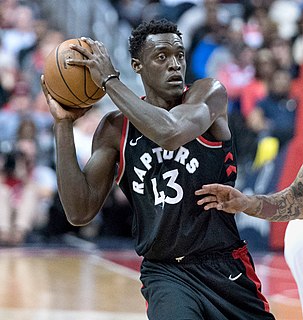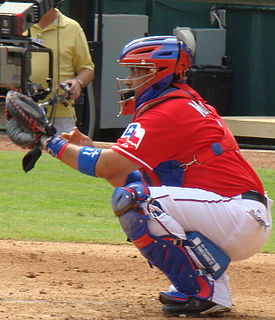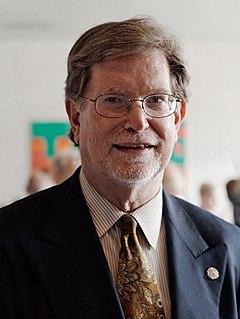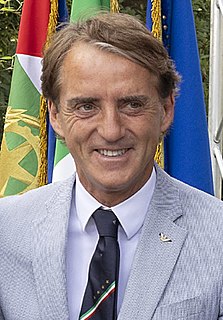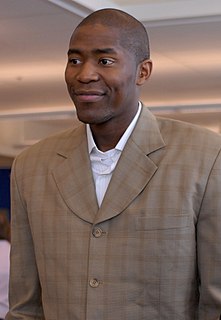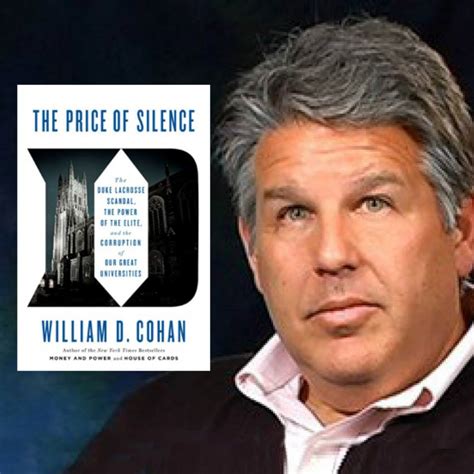Цитата Дика Уильямса
Были времена, когда я сажал игроков на скамейку запасных из-за того, что они не прилагали усилий. Мы очень усердно работали над основами, и это был путь Доджера. Нам нужно было быть более агрессивными.
Связанные цитаты
В 1948 году я начал тренировать баскетбол в Калифорнийском университете в Лос-Анджелесе. Каждый час тренировки мы очень усердно работали. Каждый день мы очень много работали. Каждую неделю мы очень много работали. Каждый сезон мы очень много работали. Четыре четырнадцать лет мы очень много работали и не выиграли чемпионат страны. Однако в пятнадцатом году был выигран национальный чемпионат. Другой в шестнадцатом. И еще восемь в следующие десять лет.
«А» были командой с очень небольшим количеством ресурсов. У нас не было доступа к игрокам, которые были явно великими, которые могли делать все и всегда были в заголовках. Мы не могли позволить себе таких игроков. Поэтому нам нужно было придумать способ собрать игроков в команду, которая могла бы быть конкурентоспособной.
Сепаратистские идеи Малкольма Икса были ситуативными. Если вы думаете о том, где были афроамериканцы в 1940-х и 1950-х годах, нам нужно было отступить, потому что эта сила, которая все еще присутствует, но более подавлена, была очень против вас, и нам нужно было сделать шаг назад, просто чтобы получить немного. ясность.
Вообще говоря, у них столько же звезд, сколько и у других фирм, но они сдержанно относятся к этому, потому что это не путь Goldman, но их скамья намного глубже. Я думаю, что в Goldman столько же игроков класса А, но, что более важно, у них меньше игроков категории С. И я заметил, что ни одна фирма не имеет такой глубины.
Моя скамейка никогда не слышала, чтобы я упоминал о победе. Весь мой упор был на том, чтобы каждый из моих игроков пытался научиться выполнять основы в меру своих возможностей. Не пытаться быть лучше кого-то другого, а учиться у других и никогда не переставать стараться быть лучше, чем они могли бы быть; это то, что я подчеркнул больше всего остального.
